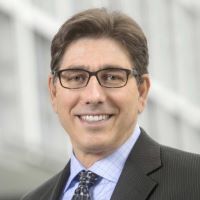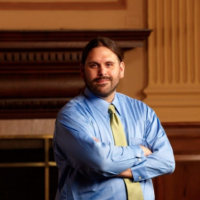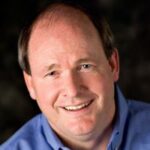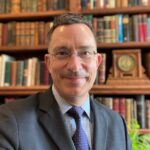Watch a recording of the webinar here:
Or listen on our podcast, “The Marketplace of Ideas”:
Please consider viewing Professor Charles Santerre’s slides before viewing the webinar recording, as they are referenced during Professor Santerre’s portion of the discussion. The slides may be accessed here.
Several leading scholars joined this webinar to provide their expertise on the standards for judicial education on scientific topics. They have decades of experience teaching judges about science and how to understand scientific methodology, how to evaluate scientific topics as a non-expert, and how to consider the admissibility of expert testimony.
Rather than focus on the substantive lessons in those past tutorials, this panel focused on the process of teaching judges about these topics. The goal of the webinar was to hear from leading experts in judicial education who have been involved in judicial education programs that teach judges about science and how to process it explain how they go about thinking about teaching science.
What standards can be employed to ensure that the teachers of judges remain objective educators rather than using the podium to teach the judges how to achieve policy outcomes and overcome scientific barriers to those outcomes? What is appropriate and what is not in educating judges about science? What should be the objective of this kind of specialized judicial education – is it to empower the judges to understand science or to provide tools for activism from the bench? How do you remain objective as an instructor and in the curriculum? What standards should be used when teaching science to ensure that you do not cross the line into helping judges manipulate science to achieve preferred policy objectives? What are some good and bad models of judicial education on science, and how can judges identify them? These and other questions were explored.

Chancellor and Dean, William B. Lockhart Professor of Law and the John F. Digardi Distinguished Professor of Law, University of California College of the Law, San Francisco

Charles A. Heimbold Jr. Professor of Law, University of Pennsylvania Carey Law School
 Gary Marchant
Gary Marchant
Regents and Foundation Professor of Law and Faculty Director, Center for Law, Science and Innovation, Arizona State University Sandra Day O’Connor College of Law
Gary Marchant is a Regent’s Professor of Law and Director of the Center for Law, Science and Innovation. His research interests include legal aspects of genomics and personalized medicine, the use of genetic information in environmental regulation, risk and the precautionary principle, and governance of emerging technologies such as nanotechnology, neuroscience, biotechnology and artificial intelligence.

CAFLS Director of Ag Policy Development and Professor, Clemson University College of Agriculture, Forestry and Life Sciences
 Donald J. Kochan, Moderator
Donald J. Kochan, Moderator
Professor of Law and Executive Director, Law & Economics Center
Questions? Contact us at [email protected] or 703.993.2566
